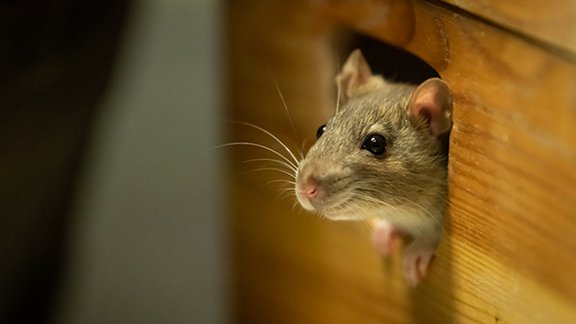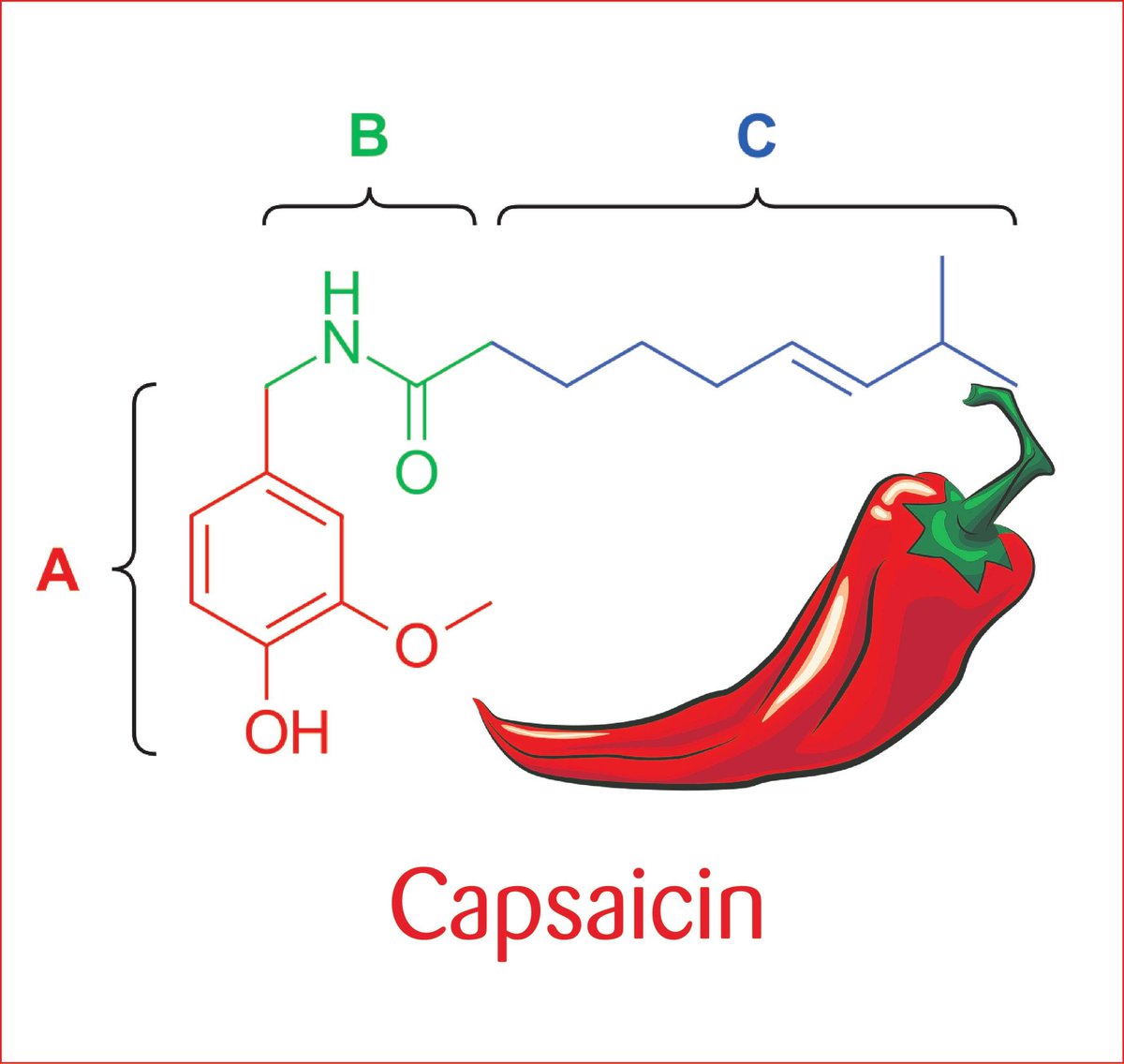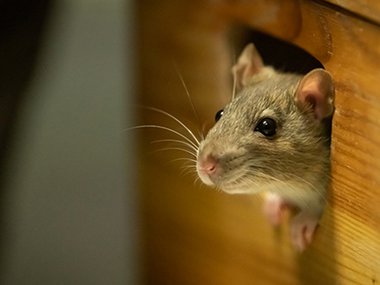Question Your World: Can Hot Peppers Be Used for Pest Control?
For those trying to maintain a nice yard, you know pests can totally be an issue, right? Well, the same thing applies for big scale projects, like grassland restoration. For example, planting seeds to revive a region's flora is significantly more difficult if local critters are eating up the seeds before they have a chance to grow. Poisons and other toxic approaches are obviously not ideal, so looking for a natural alternative led scientists to a hot new idea, using peppers! Can hot peppers be used for pest control?
For scientists trying to conserve our nation’s grasslands, solving this pest issue is a top priority. Here in the US, scientists have been planting seeds to revive native flora but noticed that hungry deer mice were eating them up before these plants could really take hold, thus making this restoration effort way more difficult.

Image credit: Getty Images
Concerned conservationists are also always on the lookout for nontoxic and environmentally friendly ways to protect our plants and grasses. The additional challenge here is doing it in an affordable way that won’t damage the plant or the soil in the process. Well, lucky for us, recently scientists tried a hot new idea and it seems to have some pretty impressive results.
After four years of lab and field-testing in Montana’s Missoula Valley, scientists have finally struck gold. They discovered that what their plants needed was some capsaicin, the active ingredient in chili peppers responsible for that spicy and fiery taste. This is not the first time that this active ingredient has come into the picture for scientists. We've recently learned that capsaicin has also been linked to improved health and preventing some serious diseases too. That's all for us humans though. For now, let's get back to this story of mice and men ... and peppers.

Scientists researched for years to find the right hot pepper. The perfect pepper would prevent animals from eating the crops but would not prevent the seeds from germinating. In addition, this special pepper had to be able to withstand the elements and not weather away after a few months.
Enter the Bhut Jolokia, a ghost pepper from India and also one of the hottest peppers on Earth! This ghost pepper’s capsaicin was applied as a coating around the seeds and it worked like a charm, giving scientists their nontoxic and natural plant defense against hungry mice. In fact they noticed that 86% fewer seeds were being consumed by deer mice after the plants got the ghost pepper treatment.
Proving once again that scientific application of red hot chili peppers could be more beneficial than just listening to Red Hot Chili Peppers.

